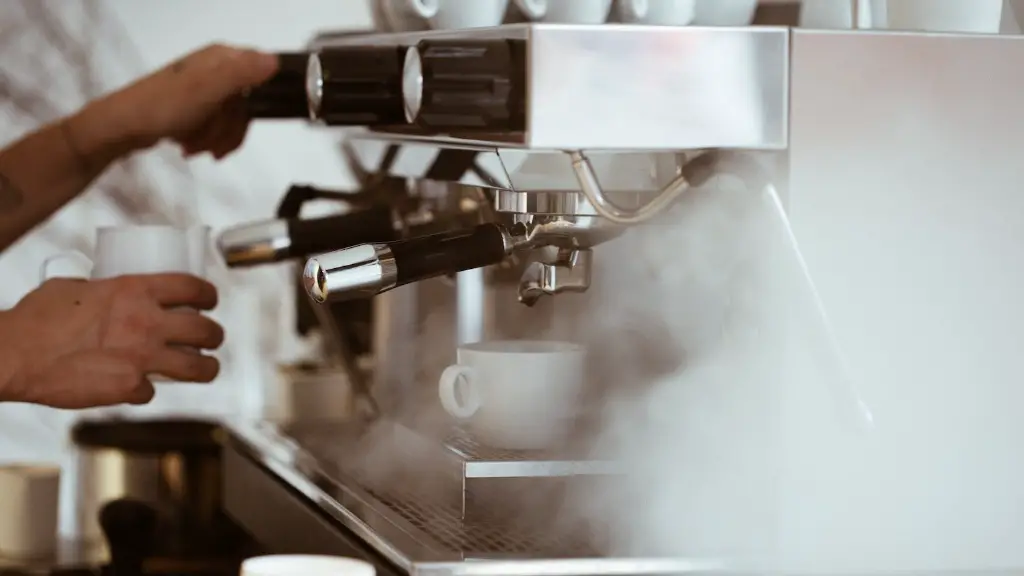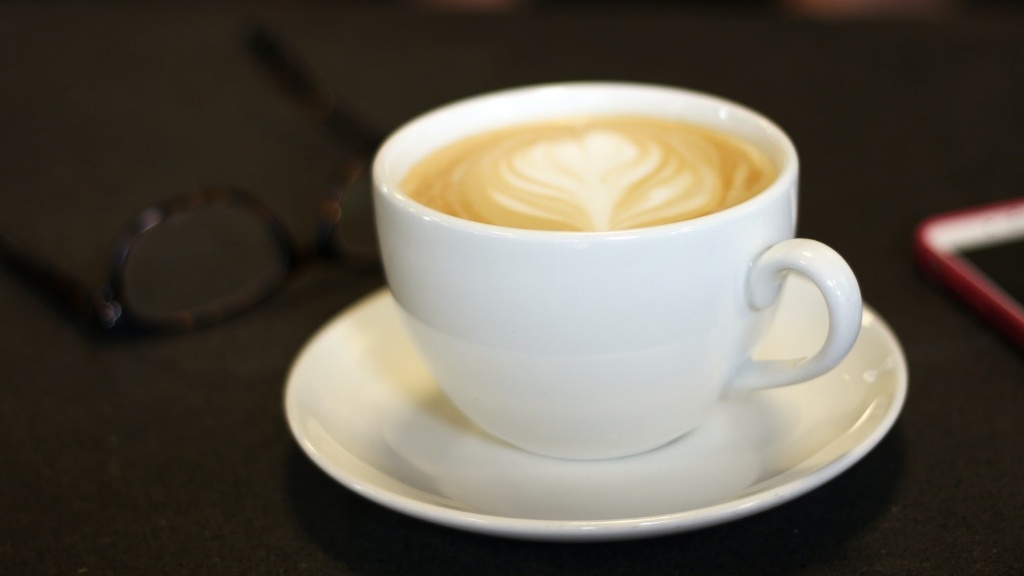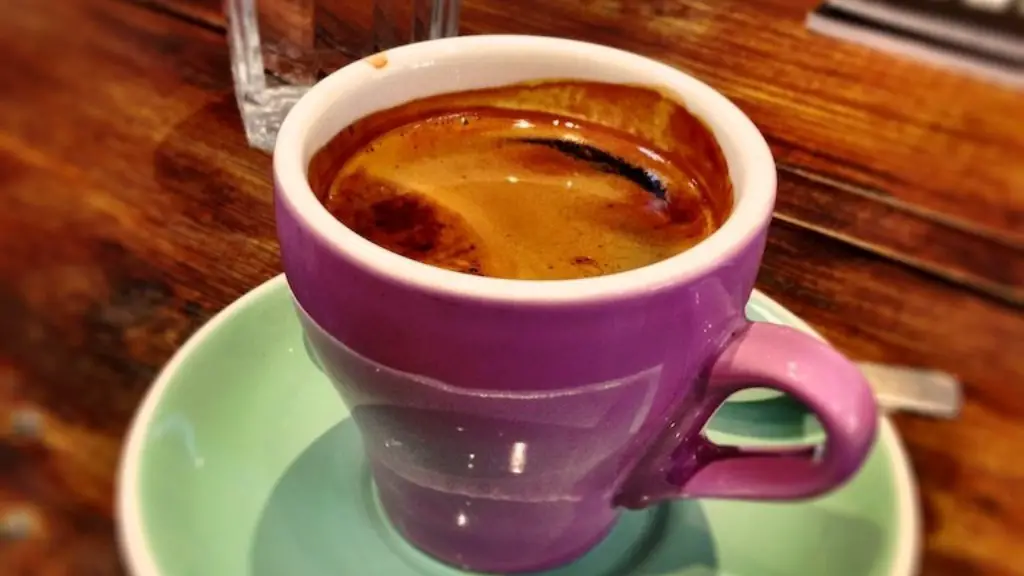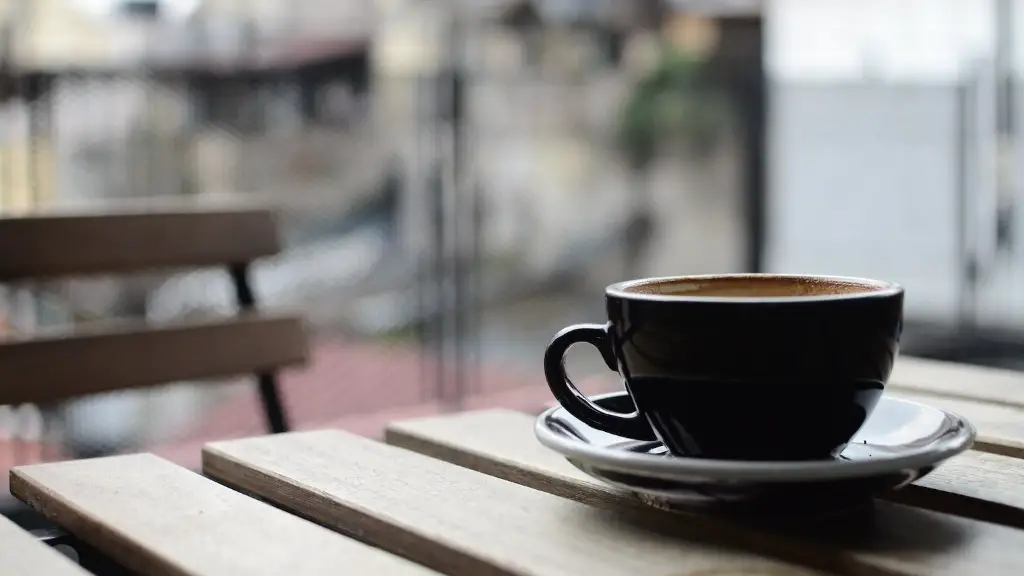Intermittent fasting is becoming increasingly popular as people seek a simpler, more natural approach to health and weight loss. But can coffee be part of the equation? As with anything nutrition or health-related, it’s best to take a look at the scientific evidence before jumping in head-first. This article will provide some useful insights and perspectives from experts to help you determine if coffee can play a part in your intermittent fasting journey.
First of all, what is intermittent fasting? Intermittent fasting is an eating pattern that involves alternating between eating and fasting for periods of time. Generally, individuals will fast for 16 hours a day, and ‘break the fast’ for 8 hours. By doing this, your body is encouraged to burn stored fat for energy, rather than relying on a steady intake of food.
Intermittent fasting can be a helpful tool for those looking to lose weight, but it is important to be mindful of the types of food and drinks consumed during the eating period. This leads us to the important question: can you drink coffee while intermittent fasting?
The short answer is yes. Most experts agree that coffee is okay to consume during a fasting period. In fact, research suggests that coffee can be beneficial during intermittent fasting because of its ability to boost energy levels and support weight loss. This is largely due to caffeine, which has been linked to an increased metabolic rate and improved fat burning. Coffee is also an excellent source of antioxidants, which are important for overall health.
However, it is important to note that not all coffee beverages are created equal. Many coffee drinks can be loaded with sugar and calories, so it’s important to read labels carefully. The best option is to opt for black coffee, as this contains no calories and can actually help suppress appetite. Of course, you can also add a small amount of cream and sugar if desired.
Moreover, it is important to remember that everyone is different when it comes to intermittent fasting, and coffee may not work for everyone. Some people may find that drinking coffee or caffeinated beverages causes unwanted side effects such as headaches, nausea, or insomnia. If you are concerned about potential side effects, it’s best to consult with your doctor about what to expect.
Can Coffee Replace Caloric Food During Intermittent Fasting?
When it comes to intermittent fasting, one of the key components is that food is not consumed during the fasting period. So, can coffee be a substitute for caloric food if you’re feeling hungry? Unfortunately, the answer is no.
Coffee can help to suppress appetite and offer other health benefits, but it cannot replace food as a source of energy and nutrition. Coffee does not contain any essential vitamins and minerals and may not provide the same level of satisfaction that eating food would. So, while coffee is okay during the fasting period, it should not be used as a substitue for caloric food.
What Are The Other Benefits Of Coffee During Intermittent Fasting?
Besides boosting energy and metabolism, coffee has been linked to a number of other health benefits during intermittent fasting. For example, research suggests that coffee can reduce the risk of type 2 diabetes, boost cognitive performance and mental sharpness, and reduce the risk of heart disease and stroke.
Furthermore, coffee consumption may help improve mood and well-being. Caffeine has been linked to improved alertness, focus, and concentration, making it beneficial for those who want to stay productive and efficient during their fasting period. In addition, many people find that coffee helps to reduce stress and improve their overall sense of calmness.
Potential Risks of Drinking Coffee While Fasting
Drinking coffee during intermittent fasting can be beneficial, but there are a few potential risks to consider. One of the most important is the issue of overconsumption. Drinking too much caffeine in a single day can lead to a range of symptoms such as headaches, nausea, and restlessness. It is important to be mindful of your caffeine intake and to stick to the recommended maximum of 400 mg per day.
Another potential risk is dehydration. Caffeine is a diuretic, meaning that it can cause the body to lose fluids more quickly. As a result, it is important to make sure you are drinking enough water in order to remain hydrated and to replenish any lost fluid.
When Can I Drink Coffee During Intermittent Fasting?
The answer to this question varies from person to person, depending on their goals, dietary needs, and health concerns. Generally speaking, it is best to wait until after you have broken your fast in order to maximize the health benefits of your intermittent fasting journey. Having said that, if you feel the need for a cup of coffee before breaking your fast, experts suggest limiting yourself to one cup of black coffee with no added sugar.
Some people find that having a cup of coffee during the fasting period helps them stay focused and productive. If you choose to do this, it is important to be mindful of your caffeine intake and to limit yourself to no more than one cup per day.
What Is The Best Time To Drink Coffee During Intermittent Fasting?
The best time to drink coffee during intermittent fasting is during your eating window. This is because drinking coffee before breaking your fast could interfere with the benefits of intermittent fasting. If you are fasting for 16 hours and consuming your meals within an 8 hour window, the best time to consume coffee is during the last two hours of your eating window. This gives your body the best chance to absorb the nutrients from your meals and to reap the benefits of intermittent fasting.
Can Coffee Enhance Your Intermittent Fasting Results?
Drinking coffee during intermittent fasting has several potential benefits, but it is important to note that it will not guarantee results. Coffee is no substitute for a nutritious diet and regular exercise, and its benefits are not guaranteed. The best way to ensure success is to make sure that you are eating a healthy and balanced diet and engaging in regular physical activity. Coffee can help support your efforts, but it should not be seen as a silver bullet.
Conclusion
In conclusion, drinking coffee while intermittent fasting is generally considered safe. However, it is important to be mindful of your caffeine intake and to make sure you stay properly hydrated. Coffee can help to boost energy and metabolism, but it cannot replace caloric food as a source of energy and nutrition. Ultimately, intermittent fasting is an individual experience, and it is important to pay attention to your body and listen to its signals in order to determine what works best for you.




